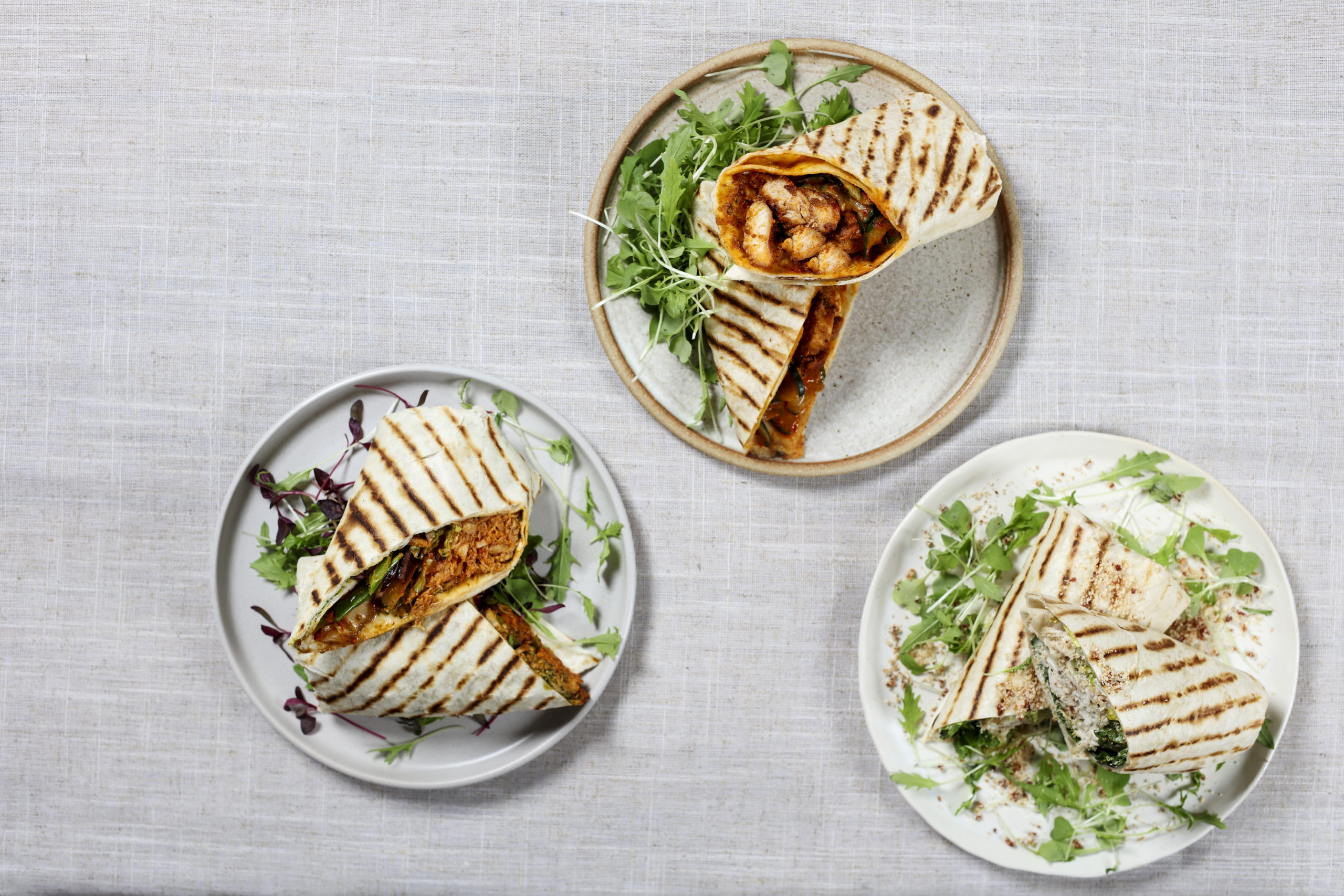When you’re training diligently, recovering well and enjoying the fruits of your labour, it’s often tempting to figure out what other areas of your lifestyle can be tweaked in order to maximise your results. Sleep, of course, is a big one; as is trying to decrease levels of stress in your life. The biggest and most noticeable results, however, can come down to what you put on your plate every day. Giving yourself the correct food and the right amount of nutrients — as well as the energy supply that comes with them — can transform your run-of-the-mill training session into your best one yet, with the PBs to match. To help you identify nutritional facts from fiction, Rachel Butcher (ANutr), Head of Nutrition at Natural Fitness Food, gives you a masterclass on making sure that your diet is working for you both in and out of the gym, whatever your goal.
Fat Loss
“While requirements will differ from one person to the next, a woman looking to lose body fat and maintain lean muscle mass should aim for an average of 1,800 calories a day and men 2,200 calories a day as a good starting point,” explains Butcher. “Avoid skipping meals, as this has been shown to increase total energy intake overall. Instead, opt for a protein-rich meal or snack to keep your blood sugar balanced and your energy sustained.”
To Gain Weight or Muscle
“While requirements will differ from one person to the next, a woman looking to gain muscle mass should aim for an average of 2,300 calories a day and men 2,800 calories a day as a good starting point,” says Butcher. “Try to prepare meals in advance so that you have access to appropriate meals and snacks through the week. Incorporate frequent sources of protein (4-6 servings/day ideally), add a shake to your usual meal plan for a quick and easy way to gain weight and try a serving of carbohydrates pre-training to make sure you can maximise your performance.”
To Maintain Weight
“A woman looking to maintain weight and lean muscle mass should aim for an average of 2,000 calories a day and men 2,400 calories a day as a good starting point,” says Butcher. “Though remember, requirements will differ from one person to the next. Fats, for example, are fundamental and an essential component of any diet but do contain a lot of energy (9kcal/g) so limit intake to 30-35% of your total dietary intake.”
For a complete personalised approach to your nutrition designed around you and your goals find out more about the 8-Week Personalised Nutrition Programme here








